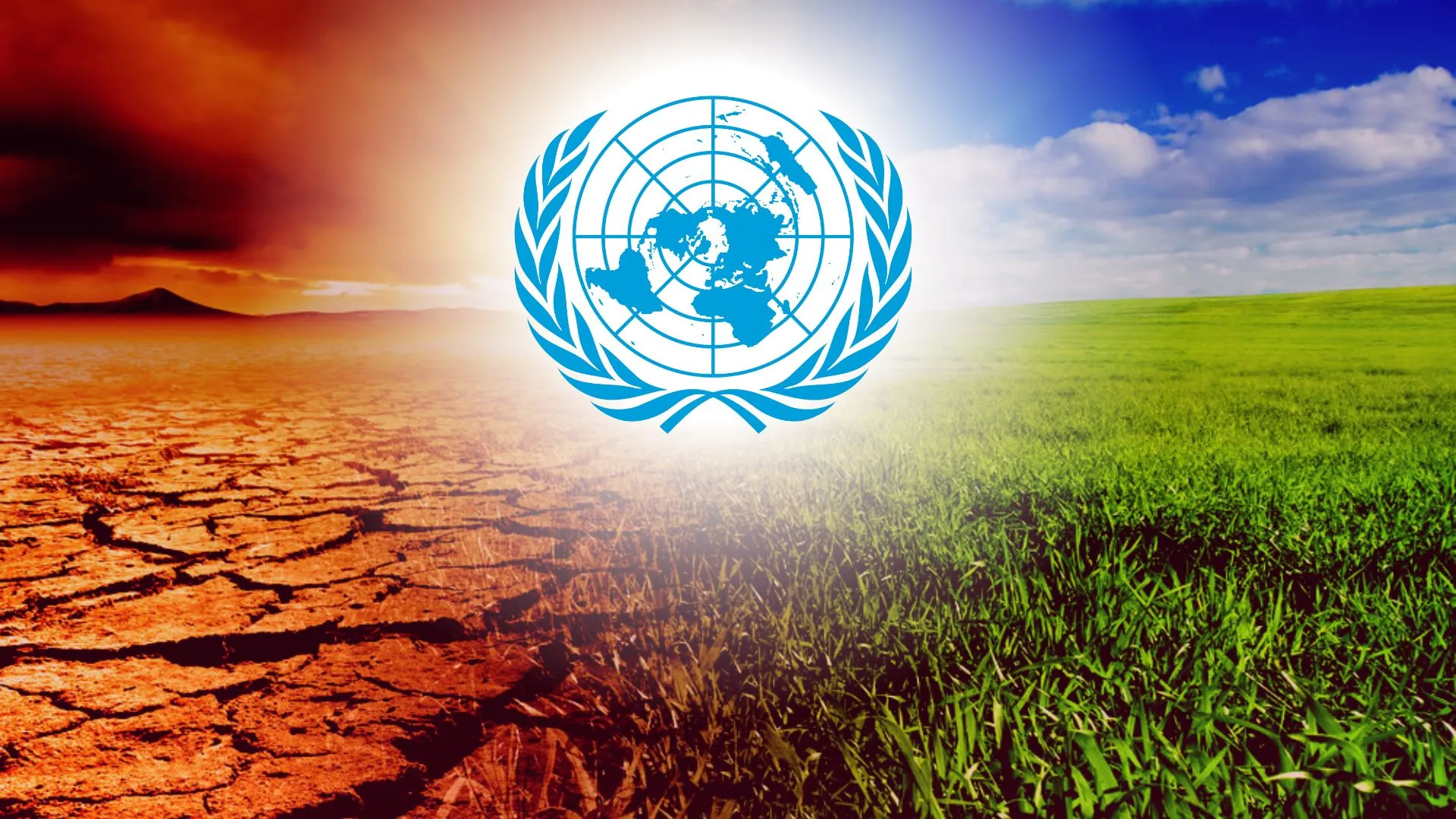United Nations Assistance Mission in Afghanistan (UNAMA) has demanded immediate collective action to halt the devastation caused by the changing climate in the nation, ranked sixth in the world for climate-related threats.
“The Afghan people stand on the precipice of devastating climate projections. As COP27 opens today, the UN in Afghanistan calls for urgent collective action to halt the destructive impact of the altering climate in the country that is one of the least prepared against climate shocks but is ranked the sixth most affected in the world by climate-related threats,” UNAMA said.
Ramiz Alakbarov said, “It is ordinary Afghans who suffer the most when these shocks occur.”
“It is devastating to see the most vulnerable Afghans bear the brunt of environmental disasters, and it is increasingly challenging to build long-term resilience and adaptation when we are constantly managing short-term crises and in the absence of sufficient adaptation funding,” he continued.
UNAMA emphasized that natural disasters already occur frequently in Afghanistan, claiming lives, livelihoods, homes, and infrastructure. It was noted that the foundation for extreme climate vulnerability has been laid by these current threats as well as Afghanistan’s high dependence on agricultural livelihoods, fragile ecosystem, acute environmental degradation, poor socioeconomic development, and the impact of more than four decades of war.
According to the mission, flash floods and landslides caused by occasional heavy precipitation are becoming the norm in many parts of the country, and the consequences for Afghan lives, economic growth, food insecurity, and migration are severe.
Afghanistan has already witnessed several years of drought ravage communities across rural areas and the intense flooding earlier this year provided a snapshot of what is likely to come.
Political and governance issues, as well as a lack of financial resources, make the numerous and diverse obstacles to climate adaptation and environmental resilience in Afghanistan even more difficult.
According to Alakbarov, the Afghan people cannot face this challenge on their own. He urged donors and the international community to think boldly and creatively about providing Afghanistan with support for climate adaptation over the long term. Afghanistan cannot be excluded from climate financing, regardless of political obstacles. We will continue to respond to short-term humanitarian shocks, but we must lay a path toward adaptation.
Life and livelihoods will be saved through adaptation. In the “crucial decade” that lies ahead, “when the global climate fight will be won or lost,” UN Secretary-General Antonio Guterres has called for COP27 to lay the groundwork for more rapid and bold climate action.

